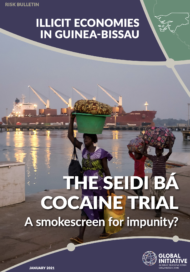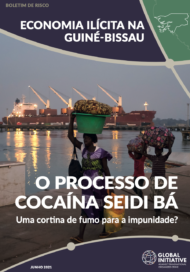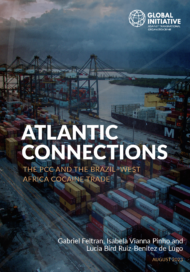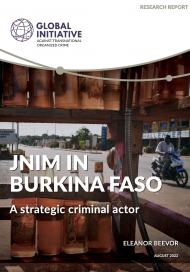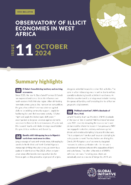Posted on 20 Jan 2021
Do recent criminal justice developments in Guinea Bissau point to a return to impunity for players in the country’s cocaine economy?
The trial of Braima Seidi Bá – a cocaine kingpin – grants insights into shifting dynamics in Guinea Bissau.
Two major cocaine seizures, in March and September 2019, shone the spotlight back on Guinea-Bissau, pointing to continuing trafficking of cocaine through the country despite a five-year drought in seizures. The timing of the cocaine imports is widely believed to have been dictated by the need to fund the 2019 electoral campaigning for parliamentary and presidential elections. Both resulted in high sentences for the perpetrators, pointing to an unprecedentedly strong criminal justice response.
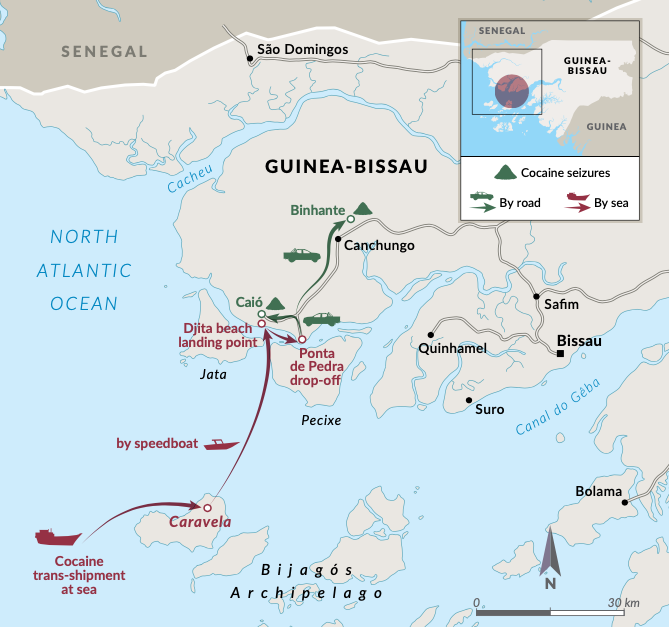
During the COVID-19 pandemic, while the world was looking the other way, changes were happening in Guinea-Bissau: Umaro Sissoco Embaló seized the Presidency, and the country plunged into political upheaval.
In October 2020, the sentences of the actors behind the September 2019 drug deal were slashed in what was labelled a ‘cloaked acquittal’ by the former Minister of Justice. This undermines the integrity of the criminal-justice response and points towards a return to an environment of impunity.
It is past time to scrutinize once again what is happening in Guinea-Bissau and understand the developments that have been taking place in the country’s institutions, and their impacts on the illicit markets of the country.
